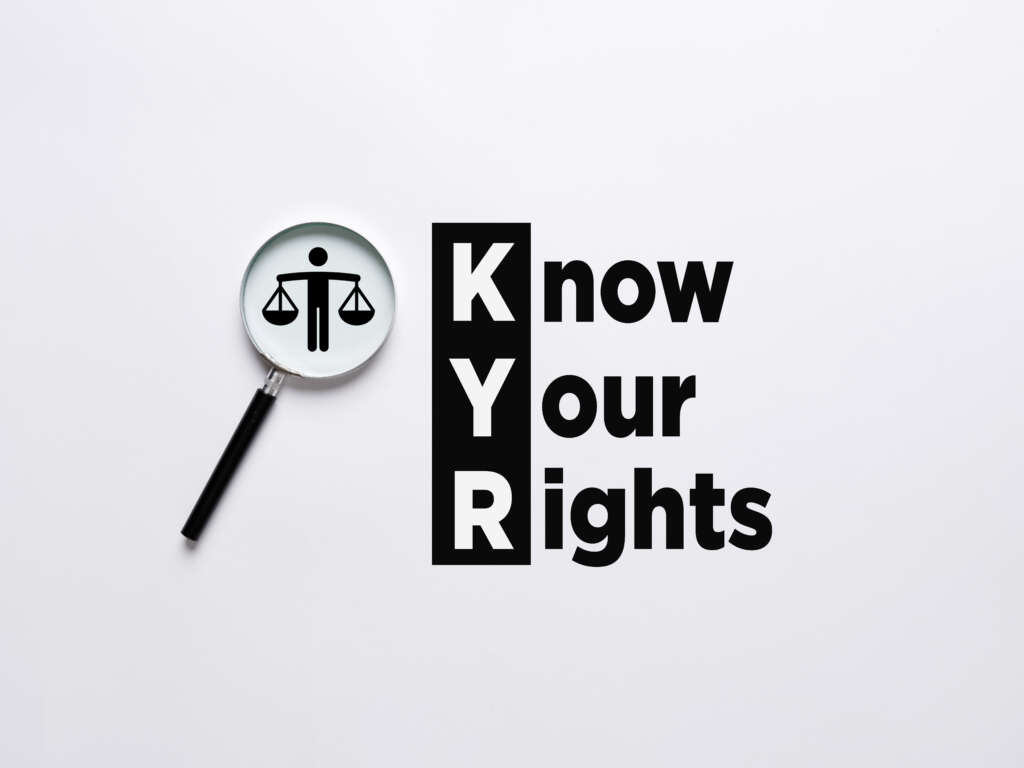The Fair Credit Reporting Act: Fixing Your Credit Report Legally
Share This Article
When someone discovers a 30-point credit score drop due to a reporting error, it’s more than frustrating. It can cost thousands in higher interest rates or even block a home purchase entirely. Your credit report contains powerful information that affects your financial life, but you’re not powerless when mistakes appear. The Fair Credit Reporting Act (FCRA) gives you legal weapons to fight back and fix these errors without paying a dime to credit repair companies.
Your Legal Right to Accurate Credit Reports
The FCRA requires credit reporting agencies (Experian, Equifax, and TransUnion) to maintain accurate information about you. When errors appear, you have the legal right to dispute them directly. The law forces these companies to investigate your disputes within 30 days and remove information they can’t verify.
Here’s what you can dispute legally:
• Incorrect personal information (wrong address, misspelled name, incorrect Social Security number) • Accounts that aren’t yours (identity theft or mixed files)
• Inaccurate payment history (showing late payments when you paid on time)
• Wrong account balances or credit limits
• Outdated negative information (most items must be removed after seven years)
The credit reporting agencies often remove disputed items simply because creditors don’t respond to verification requests within the 30-day window.

How to Dispute Credit Report Errors
Start by getting free copies of all three credit reports at annualcreditreport.com, the only official site authorized by federal law. Review each report carefully because the three agencies often have different information.
When you find errors, dispute them in writing. Include:
• Your full name and current address
• Specific identification of each error
• Explanation of why it’s incorrect
• Copies (never originals) of supporting documents
• Request for removal or correction
Send disputes via certified mail to each credit reporting agency separately. Keep copies of everything.
Warning: Avoid credit repair companies that charge upfront fees or promise to remove accurate negative information. These tactics violate federal law, and you can do everything they do for free.
When Creditors Won’t Cooperate
If a creditor continues reporting incorrect information after you’ve disputed it directly with them, you have additional legal options. The FCRA allows you to sue creditors who knowingly report false information after being notified of errors.
Document everything: save emails, letters, and phone records showing you’ve contacted the creditor about the error. If they ignore your disputes or continue reporting false information, consider contacting the Consumer Financial Protection Bureau to file a complaint.
Some situations require extra persistence:
• Medical debt that should have been covered by insurance
• Paid collections still showing as unpaid
• Accounts from identity theft that creditors refuse to remove
You can also contact a consumer rights attorney if creditors violate the FCRA. Many attorneys handle these cases on contingency, meaning you don’t pay unless you win.
Protecting Your Rights Going Forward
Once you’ve cleaned up your credit report, stay vigilant. You’re entitled to free credit reports weekly through 2025, so check them regularly. Set up fraud alerts with the credit agencies if you’re concerned about identity theft, or consider a credit freeze for maximum protection.
Remember, negative information that’s accurate will eventually age off your credit report naturally. Focus your energy on disputing actual errors rather than trying to remove legitimate negative marks.
Your credit report affects everything from apartment rentals to job applications. The FCRA gives you real legal power to ensure that information is accurate. You don’t need to pay someone else to exercise rights you already have under federal law.


